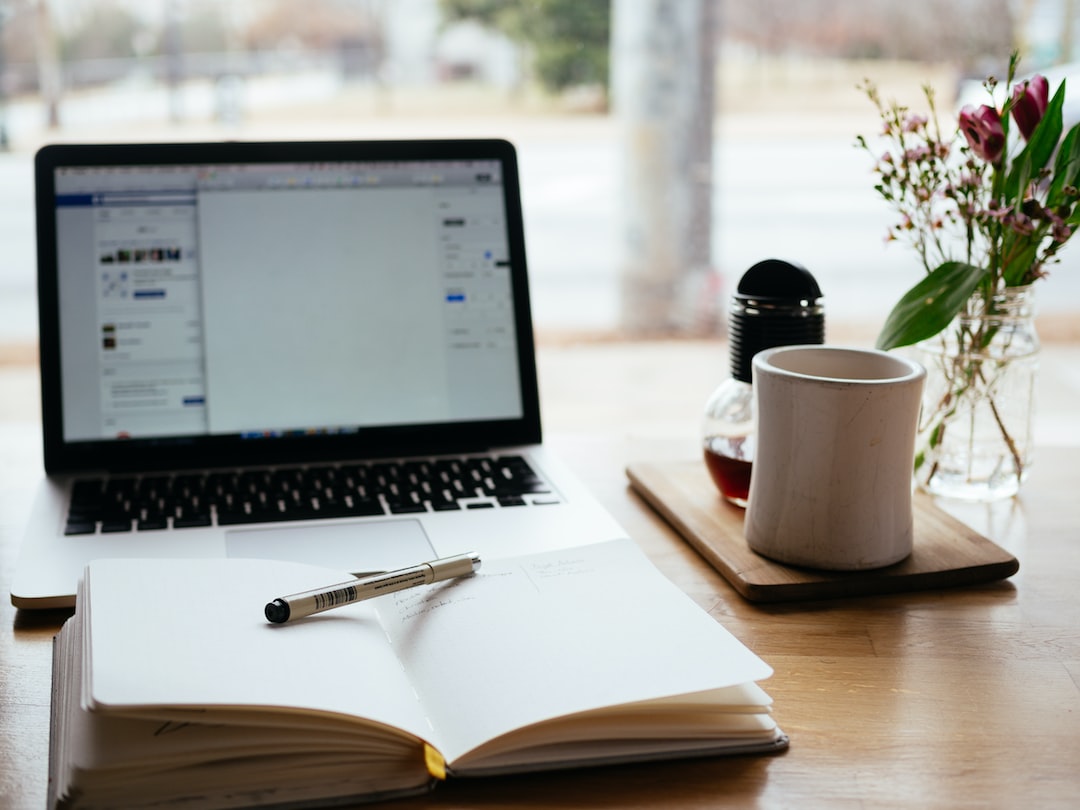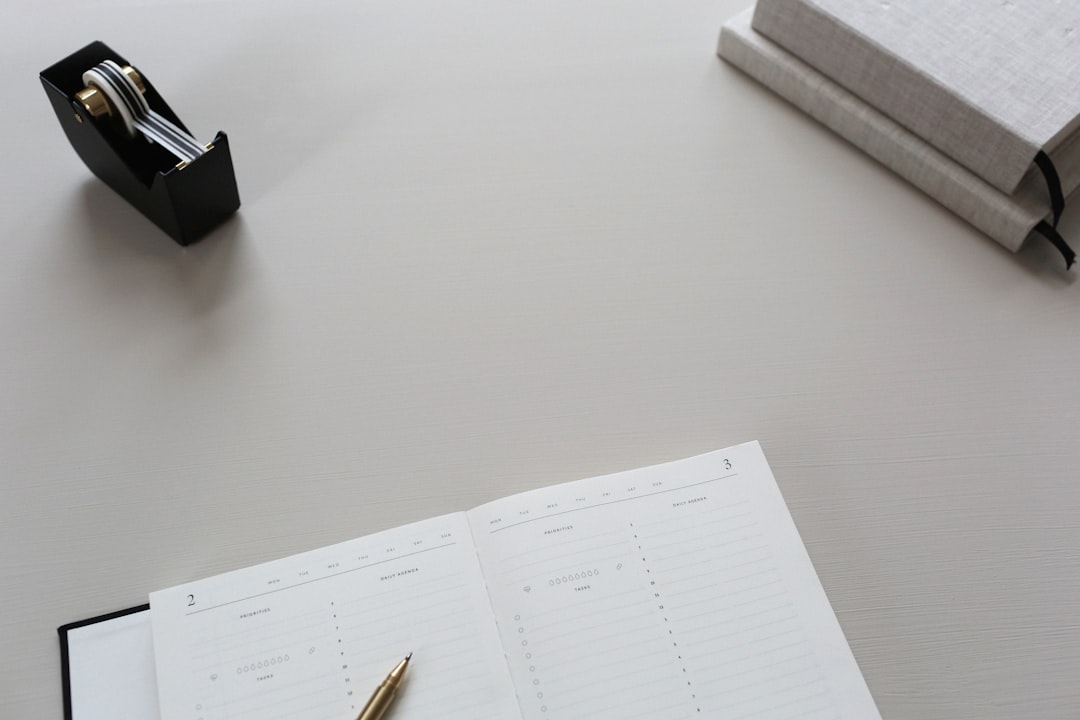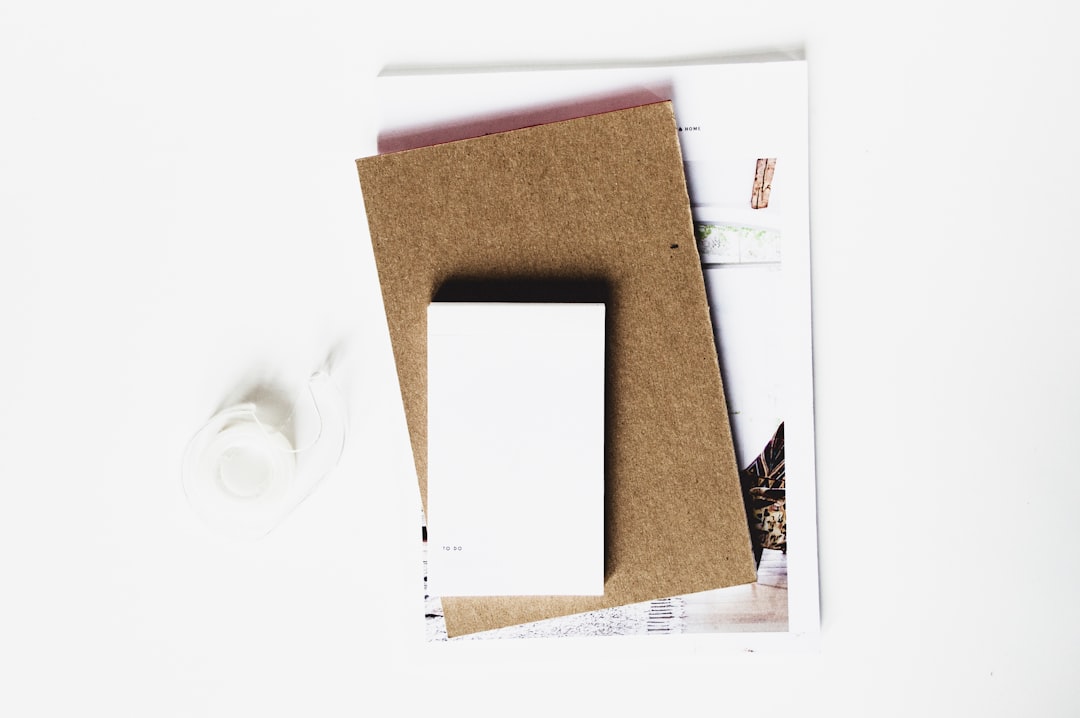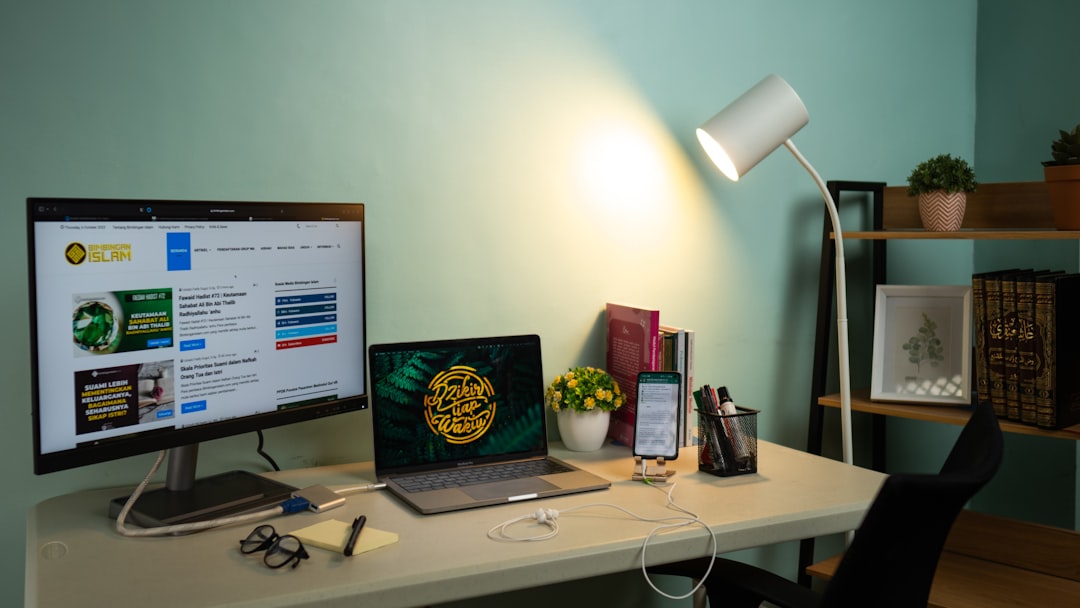Welcome to our blog post on the importance of productivity and achieving goals. As human beings, we all have ambitions and aspirations, but sometimes it can be challenging to stay focused and motivated on a day-to-day basis. That’s where daily habits come in – by incorporating mindful routines into your life, you can optimize your time and energy for maximum productivity.
Starting your day with a plan is one of the most effective habits to boost productivity. By taking a few minutes each morning to map out your schedule and prioritize tasks, you’ll have a clear direction and increased motivation to tackle the day ahead. Utilizing scheduling tools like Google Calendar or Asana can be helpful in keeping track of deadlines and appointments.
Incorporating exercise into your daily routine is also a key habit to boost productivity. Studies have shown that physical activity not only has numerous health benefits but also improves cognitive function and decreases stress levels. Whether it’s a yoga class or a morning jog, finding a type of exercise that works for you and fits into your schedule can make a significant difference in your productivity and overall wellbeing.
Taking regular breaks is another important habit to optimize productivity. Working for long periods without breaks can negatively impact concentration and creativity, leading to burnout and decreased productivity. By intentionally setting aside time for short breaks throughout the day, you give your brain a chance to recharge and refocus. Whether it’s a quick walk outside, a meditation session, or a power nap, taking breaks can make you more productive and engaged when you return to work.
Minimizing distractions is also crucial to maximize productivity. With the constant bombardment of notifications and the lure of social media, it’s challenging to stay focused on the task at hand. Creating a designated workspace, turning off notifications during work hours, and actively avoiding social media and email can all help minimize distractions and increase your ability to focus.
Finally, practicing effective time management is vital in achieving your goals. Without a clear plan and timeline, it’s easy to get overwhelmed and lose sight of what needs to be done. Creating daily schedules, setting deadlines, and breaking larger projects into smaller, manageable tasks can all help you manage your time more effectively.
In conclusion, implementing daily habits to boost productivity and achieve goals is essential for success in any area of life. By starting your day with a plan, incorporating exercise, taking regular breaks, minimizing distractions, and practicing time management, you can optimize your time and energy for maximum productivity. We encourage you to try out these habits for yourself and see the difference it makes in your life.
Start Your Day with a Plan
Starting your day with a plan is one of the best habits you can adopt to boost productivity. Why? Because having a plan helps you stay organized, stay on track, and ultimately achieve your goals.
Here are a few tips for effective planning:
1. Use Scheduling Tools: There are a number of free scheduling tools available online, such as Google Calendar and Trello. These tools allow you to schedule tasks, set reminders, and track your progress throughout the day.
2. Prioritize Tasks: Before you even begin your day, it’s important to prioritize your tasks. What needs to be done first? What can wait until later in the day? By prioritizing your tasks, you can avoid getting bogged down by less important tasks and focus on what’s truly important.
3. Be Realistic: It’s important to be realistic when planning your day. Don’t try to cram too much into one day – you’ll only end up feeling stressed and overwhelmed. Instead, schedule a realistic amount of tasks for each day and be kind to yourself if you don’t get everything done.
Remember, your plan should be flexible. Unexpected things will come up throughout the day, and it’s important to be adaptable. Don’t be afraid to adjust your plan if necessary.
By starting your day with a plan, you’ll set yourself up for success and increase your chances of achieving your goals. Give it a try and see how it works for you!
By starting your day with a plan, you’ll set yourself up for success and increase your chances of achieving your goals.
Incorporate Exercise into Your Routine
It might sound counterintuitive, but one of the best ways to boost productivity is to incorporate exercise into your daily routine. Not only does exercise have physical benefits, such as increased energy and improved cardiovascular health, but it also has a positive impact on your mental health and cognitive function.
Studies have shown that regular exercise increases the production of endorphins, the brain’s feel-good chemicals, which can lead to a more positive and clear-headed mindset. This can be especially beneficial for those who struggle with stress, anxiety, or depression.
When it comes to the best types of exercise for improving productivity, there is no one-size-fits-all approach. Some people prefer high-intensity workouts, while others enjoy more low-key activities like yoga or walking. The key is to find a form of exercise that you enjoy and that fits into your schedule.
One effective way to fit exercise into your routine is to incorporate it into your workday. For example, you could take a walk during your lunch break or do a quick yoga session in the morning before starting work. If you work from home, you could even do a full workout during your midday break.
Of course, not everyone has the luxury of taking breaks throughout the day to exercise. If you have a busy schedule, try incorporating small bouts of exercise into your routine, such as taking the stairs instead of the elevator or doing a few quick stretches while waiting for your coffee to brew.
Overall, the benefits of exercise on productivity are clear. By incorporating physical activity into your daily routine, you will not only have more energy and mental clarity but also build the foundation for a healthier and more productive life.
One effective way to fit exercise into your routine is to incorporate it into your workday.
Take Regular Breaks:
We all have those days where we feel like we can conquer the world in a single go. And while it’s great to feel motivated, it’s also important to take regular breaks. Working for long periods without breaks can have a negative impact on your productivity and overall health.
Taking breaks throughout the day allows you to rest and recharge, which can help you focus better when you return to work. It’s like hitting reset on your brain. And you don’t need to take long breaks, even small intervals of 5-10 minutes every hour can make a significant difference in how you perform.
So, how can you take effective breaks? Well, there are many things you can do during a break to help you unwind and refresh your mind. Here are some tips:
– Take a walk around your office or outside: This can help you clear your head and get some exercise in as well.
– Practice a mindfulness exercise: Focus on your breathing or meditate for a few minutes. This is an excellent way to reduce stress and improve your mental health.
– Stretch your body: Sitting in front of your desk for hours can take a toll on your body. Taking a quick stretch break can help you release tension and relax your muscles.
Remember that taking breaks should be non-negotiable, just like brushing your teeth. Make it a habit to take a break whenever you start feeling drained or overwhelmed.
Taking regular breaks can help you be more productive, focused, and relaxed. Incorporating these breaks into your daily routine is just one habit that can help you achieve your goals. So, the next time you’re struggling to focus, take a short break and watch how it makes a difference!
And while it’s great to feel motivated, it’s also important to take regular breaks.
Minimize Distractions
In today’s digital age, distractions are everywhere. Whether it’s the ping of a new email, a notification from social media, or the lure of binge-watching your favorite show, distractions can derail your focus and productivity. But fear not, there are ways to minimize distractions and get back on track.
First, identify common distractions that hinder your productivity. Are you constantly checking your phone? Do you have trouble staying away from social media? Once you know what distracts you, you can take steps to minimize their impact. One helpful tip is to turn off notifications on your phone and computer. This way, you’ll only check your devices when it’s convenient for you.
Creating a designated workspace can also help you minimize distractions. This could be a separate room or a specific area of your home where you go to work or study. By having a dedicated workspace, you’ll be less likely to get distracted by household tasks or socializing with family members.
Another tip to minimize distractions is to set aside specific times to check your email and social media. Instead of constantly checking for updates, take a break around mid-morning and mid-afternoon to catch up on messages and notifications.
Finally, consider using productivity tools, such as website blockers or time-tracking apps. These can help you stay focused on the task at hand and avoid distractions.
Remember, the goal is to minimize distractions, not eliminate them completely. It’s okay to take a break and check your social media or watch a show. The key is to be intentional about your distractions and not let them take over your day.
By minimizing distractions, you’ll be able to focus on your goals and boost your productivity. Give these tips a try and see what works best for you. With a little effort, you’ll be on your way to achieving your daily goals and long-term aspirations.
One helpful tip is to turn off notifications on your phone and computer.
Practice Time Management:
One of the essential habits that you can adopt to boost your productivity is time management. Effective time management is key to achieving your goals and maximizing your potential. It involves organizing and planning your time, establishing priorities and deadlines, and minimizing time wasters.
To begin with, it is essential to create daily schedules that outline your tasks and goals for the day. You can use apps and scheduling tools to help you track your progress and stay focused. Another way to manage your time effectively is by setting realistic deadlines for your projects, breaking them down into smaller tasks, and prioritizing them based on their importance and urgency. By doing this, you can maximize your efficiency and accomplish your goals more quickly.
Another important aspect of time management is knowing when to take breaks. While it may seem counterintuitive, taking regular breaks can improve your productivity and help prevent burnout. Use your breaks to stretch, take a walk, or do a mindfulness exercise. By doing so, you can recharge your energy levels and come back to your work refreshed and focused.
Above all, it is essential to be flexible and adaptable with your time management strategies. Everyone’s schedule and priorities are different, so you need to find what works best for you. Don’t be afraid to experiment and try out different methods until you find the one that fits your needs and preferences.
Time management is a crucial aspect of boosting productivity and achieving your goals. By creating daily schedules, setting deadlines, taking breaks, and being adaptable, you can maximize your efficiency and accomplish more in less time. So why not start practicing time management today and see how it can help you achieve your goals?
Use your breaks to stretch, take a walk, or do a mindfulness exercise.
Conclusion: Implement Daily Habits for a Productive Life
Congratulations! You’ve made it to the end of the post. By now, you know the importance of daily habits in boosting productivity and achieving your goals. But it’s not enough to just read about these habits. The key to success is implementation.
Start by choosing one or two habits to implement into your routine. It could be something as simple as planning your day in advance or taking a 10-minute walk during your lunch break. The key is to start small and build from there.
Remember, productivity is not a one-size-fits-all concept. What works for one person may not work for another. Be open to trying new things and adapting to what works for you.
The journey towards a more productive life is not always easy. There will be setbacks and challenges along the way. But by implementing daily habits, you’ll be on the path towards achieving your goals and living the life you’ve always wanted.
So go ahead, take the first step towards a more productive life. And don’t forget to share your journey with us. We’d love to hear about your experiences and what habits have worked for you.





